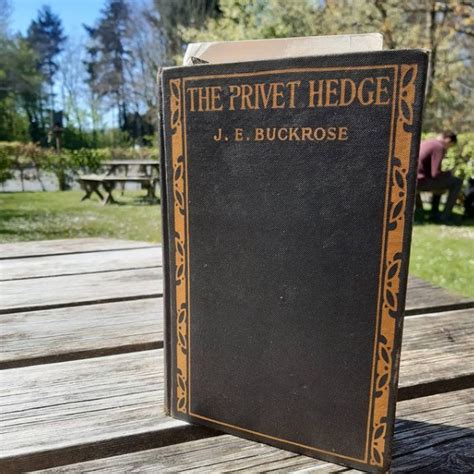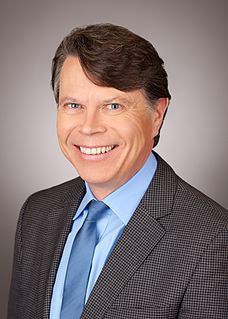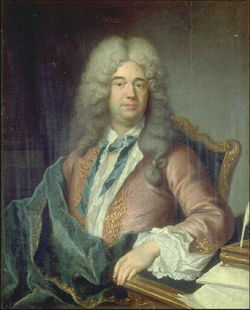A Quote by Henry Fielding
An author ought to consider himself, not as a gentleman who gives a private or eleemosynary treat, but rather as one who keeps a public ordinary, at which all persons are welcome for their money.
Related Quotes
The complex ways in which we produce and reproduce the world in technologically developed societies involves the ways in which we separate ourselves into public and private persons, producing and consuming persons and so on, and the ways in which we as people negotiate and cope with those divisions. Stars are about all that, and are one of the most significant ways we have for making sense of it all. That is why they matter to us, and why they are worth thinking about.
Education is here placed among the articles of public care, not that it would be proposed to take its ordinary branches out of the hands of private enterprise, which manages so much better all the concerns to which it is equal, but a public institution can alone supply those sciences which, though rarely called for, are yet necessary to complete the circle, all the parts of which contribute to the improvement of the country, and some of them to its preservation.
I foresee that man will resign himself each day to more atrocious undertakings; soon there will be no one but warriors and brigands; I give them this counsel: The author of an atrocious undertaking ought to imagine that he has already accomplished it, ought to impose upon himself a future as irrevocable as the past.
See how he cowers and sneaks, how vaguely all the day he fears, not being immortal nor divine, but the slave and prisoner of his own opinion of himself, a fame won by his own deeds. Public opinion is a weak tyrant compared with our own private opinion. What a man thinks of himself, that it is which determines, or rather indicates, his fate.
But since there is but one aim for the entire state, it follows that education must be one and the same for all, and that the responsibility for it must be a public one, not the private affair which it now is, each man looking after his own children and teaching them privately whatever private curriculum he thinks they ought to study.
The statesman who should attempt to direct private people in what manner they ought to employ their capitals would not only load himself with most unnecessary attention but assume an authority which could safely be trusted to no council and senate whatever, and which would nowhere be so dangerous as in the hands of man who have folly and presumption enough to fancy himself fit to exercise it.







































